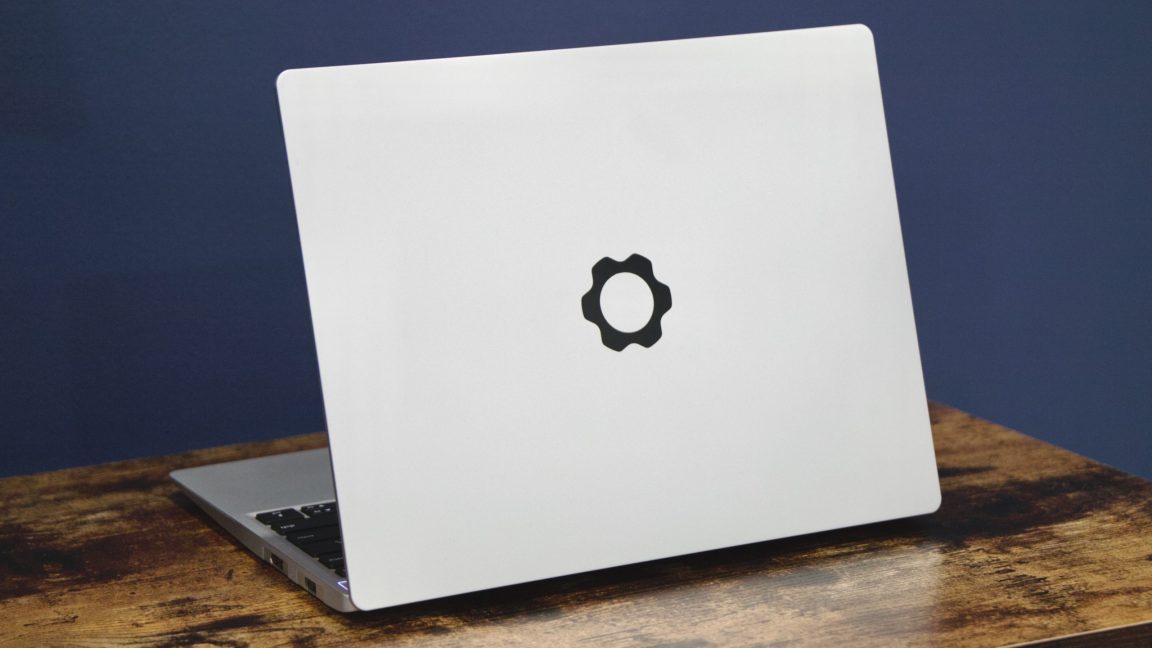Well, I must be a masochist, I rather get FreeBSD on this laptop than a Linux distro. I'm a retired *NIX/OpenSource engineer and this is my hobby/project to get my daily OSX laptop migrated to FreeBSD while my current daily works; I've done a lot of FreeBSD/Linux to Solaris and the other way migrations in the past.
I just need the basics working;
Keyboard Input
Touchpad
graphics
Wifi
Bluetooth audio
Sounds simple enough huh?
I'm not a huge Linux distro fan. The bloat and creep is as bad as Windows now. I always preferred Solaris x86/SPARC as FreeBSD till OSX intel came around. I ran Solaris 10 on my Acer Ferrari as a daily for years back in the day. I'm a huge ZFS fan.
That said, I recently purchased a Frame.Work 16 laptop (AMD Ryzen 7). I didn't get the external GPU, figure I'd work with the base setup for now.
The biggest complaint I've heard is the stock network card with the AMD motherboard setup. So, I decided to get an Intel AX210 card instead. I have also read that the Atheros AR9462 (https://xyinn.org/blog/freebsd/ar9462) from ThinkPenguin works out of the box, but it doesn't have Bluetooth support. So, not sure if that'd require another card to get bluetooth back.
I'm also using the HCL from: https://wiki.freebsd.org/Laptops/Framework_Laptop
Another resource I found was FreeBSD On Frame.Work GitHub Repo
It should be here within the week to start poking around on it
I just need the basics working;
Keyboard Input
Touchpad
graphics
Wifi
Bluetooth audio
Sounds simple enough huh?
I'm not a huge Linux distro fan. The bloat and creep is as bad as Windows now. I always preferred Solaris x86/SPARC as FreeBSD till OSX intel came around. I ran Solaris 10 on my Acer Ferrari as a daily for years back in the day. I'm a huge ZFS fan.
That said, I recently purchased a Frame.Work 16 laptop (AMD Ryzen 7). I didn't get the external GPU, figure I'd work with the base setup for now.
The biggest complaint I've heard is the stock network card with the AMD motherboard setup. So, I decided to get an Intel AX210 card instead. I have also read that the Atheros AR9462 (https://xyinn.org/blog/freebsd/ar9462) from ThinkPenguin works out of the box, but it doesn't have Bluetooth support. So, not sure if that'd require another card to get bluetooth back.
I'm also using the HCL from: https://wiki.freebsd.org/Laptops/Framework_Laptop
Another resource I found was FreeBSD On Frame.Work GitHub Repo
Any other resources/links for information to get stuff setup or any Trips/Tricks let me know please.It should be here within the week to start poking around on it



